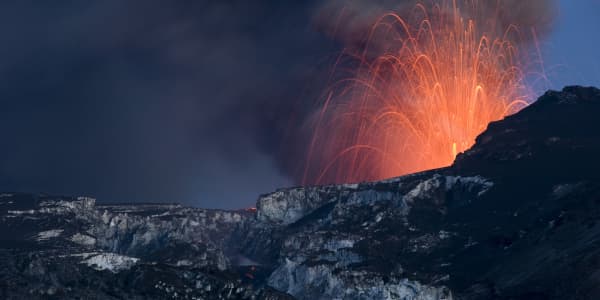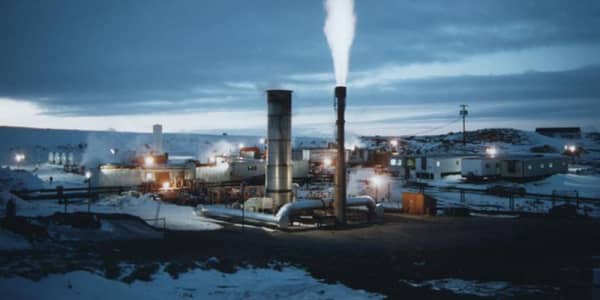Technology has a huge role in financial markets now, but it won't compare to its importance in the year 2039. Over the next 25 years, the evolution of Wall Street will become almost indistinguishable from that of Silicon Valley, and a number of companies are already looking to capitalize on that convergence.
Tibco Sofware founder and CEO Vivek Ranadive has an interesting, and perhaps disturbing vision for how markets will operate in the next quarter century, with a diminishing role for people and an ever-increasing role for machines. He believes that advancements in data consumption and process automation will ultimately lead to financial markets controlled by complex computer programs, or algorithms. In this world, banks as we know them today will cease to exist.
The bank of the future "will be completely virtual," Ranadive said. "It will be completely driven by big data and math."
Imagine a scenario where world monetary policy is controlled by computer. Central bankers would no longer justify interest rate decisions at press conferences. There wouldn't be speculation about how data would be interpreted. Logic-based rationales would back every aspect of policy. Think of it as "Central Banking by Algorithm."
Read MoreDefense tech in 2039: The robots are coming
"The Federal Reserve needs to come into the 21st century and the Federal Reserve of the future will be a computer program," Ranadive said. "I fully expect that the Fed will be displaced by a closed-loop computer program where you will constantly be making measurements and making adjustments based on what you're experiencing."
Futurists and filmmakers alike have dreamed up scenarios where all aspects of our lives are automated, but the idea that humans won't make crucial policy and economic decisions frightens many.
Proponents of limiting human involvement claim that the world could become a better and safer place, as well as more just and equitable for all involved. Ranadive looks towards a computer-driven future where technology can help regulate and limit food shortages, global pandemics and even transportation disasters. Even capital would be allocated to the places where it would do the most good. All of that, he says, would lead to more efficient markets.
The naysayers will always proclaim that rampant use of technology to control decision making will pose extreme risks, including system failures that destabilize or even paralyze critical infrastructure. That's a risk that some technologists are willing to take.
Read MoreThe US jet fighter that can do it all — maybe
"Wall Street should certainly look at Silicon Valley as a disruptor, as a potential threat," Ranadive added. "Every industry has the danger of getting Amazon'd, where the use of technology dramatically changes the value proposition."
For many, the question isn't just if technology will take over the markets, but rather a question of when. If things continue on their current path, extensive automation in financial markets—the collision of Wall Street and Silicon Valley—could come a lot sooner than the year 2039.
— By CNBC's Dominic Chu and Elizabeth Schulze






